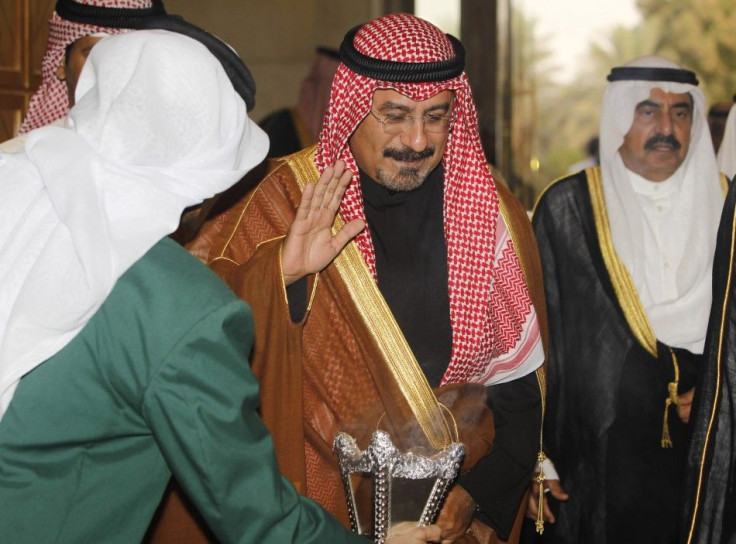Kuwait expels Iranian diplomats for spying

The Kuwaiti government announced that it will expel several Iranian diplomats for allegedly spying, according to Agence France Presse (AFP).
Kuwait’s foreign minister Mohammed al-Sabah told reporters that the spy ring has been working with Tehran ever since the 2003 invasion of Iraq.
There will be action against a group of Iranian diplomats ... They will be considered persona non grata and expelled from Kuwait, he said.
Al-Sabah explained that the diplomats were linked to a spy ring, three members of which were condemned to death by a Kuwaiti court earlier this week.
The three condemned men -- two Iranians and a Kuwaiti national -- were serving in Kuwait's army when they arrested in May 2010. They allegedly passed on confidential military information and took photographs of Kuwaiti and U.S. military installations – all on behalf of Iran’s elite Revolutionary Guard.
The court ruling showed a conspiracy was being hatched against Kuwaiti political, economic and military security, by Iran, the foreign minister said.
What we saw in the ruling has shocked us ... that there is a conspiracy network linked to official sides in the Islamic republic. As a result we have set up a foreign ministry crisis cell and recalled our ambassador [from Tehran].”
Kuwait's Al-Qabas newspaper reported that three Iranian diplomats could not be prosecuted because they enjoyed diplomatic immunity.
Iran has denied all the allegations. According to Iran’s state news agency IRNA, a source in the Iranian foreign ministry said: This claim is a lie and baseless. This issue has nothing to do with the Islamic Republic of Iran.”
On the larger front, the expulsion of the Iranian diplomats underlines the growing gulf between Shia and Sunni Muslims.
Iran is dominated by Shias while most of the Persian Gulf Arab nations are either predominantly Sunni or ruled by a Sunni elite (as in the case of Bahrain). Kuwait is primarily Sunni, although it has a large Shia minority (including 45,000 Iranians who reside there).
In the case of Bahrain (whose population is largely Shia), Iran has been accused of fomenting unrest there against the Sunni al-Khalifa dynasty. When Saudi Arabia (a Sunni power) dispatched soldiers into Bahrain to quell disorder, Iran vehemently objected.
The US is also concerned about Iran’s activities in the region.
We share the view that Iran's activities in the Gulf, including its efforts to advance its agenda in the neighboring countries undermines peace and stability, US Secretary of State Hillary Clinton said earlier in March.
© Copyright IBTimes 2024. All rights reserved.











